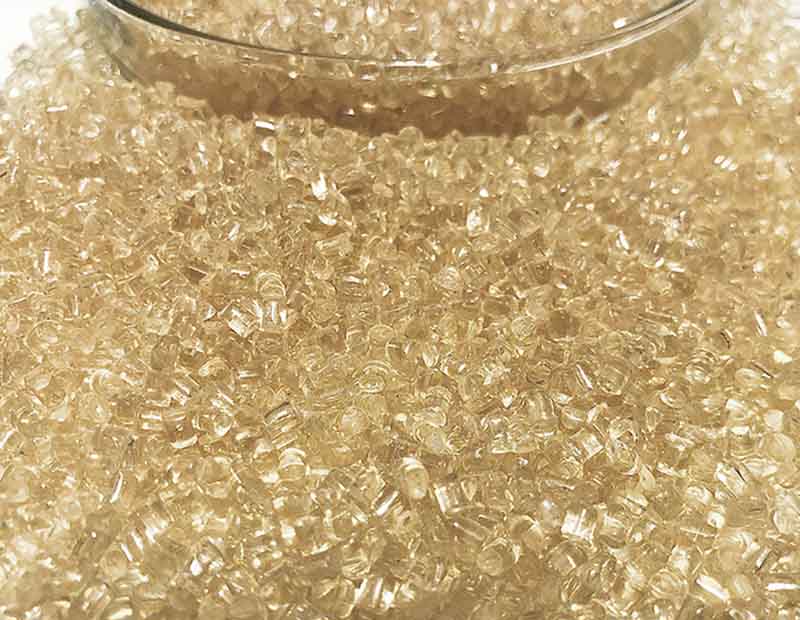PES Material, also known as Polyethersulfone, is a high-performance thermoplastic engineering plastic recognized for its exceptional thermal stability, mechanical strength, and outstanding chemical resistance. As an amorphous PES polymer, it provides consistent dimensional stability and high dielectric strength, making it widely used in challenging industrial environments where reliability is essential. Whether for automotive, aerospace, medical devices, or electronic components, PES resin offers a long-lasting and robust solution for high-stress and high-temperature applications.

| Property | Performance Description |
|---|---|
| High Thermal Resistance | Continuous use at 180–200°C (356–392°F) without deformation or property loss |
| Mechanical Strength | Excellent tensile strength, rigidity, and impact resistance for high-stress components |
| Chemical Resistance | Resists acids, alkalis, oils, and industrial solvents for harsh operating conditions |
| Electrical Insulation | Superior dielectric performance makes it an ideal electronic insulation material |
| Flame Retardant | Naturally self-extinguishing for applications requiring high safety standards |
| Dimensional Stability | Maintains shape and performance even under heat, pressure, and mechanical load |
These characteristics make PES one of the most dependable high-temperature resistant polymers on the market.
Used in components exposed to high heat and mechanical strain, such as:
Connectors and sensor housings
Under-the-hood electrical assemblies
Ideal for:
Lightweight structural components
Thermal insulation parts
Its strength-to-weight ratio and high temperature tolerance make it reliable in extreme conditions.
As a biocompatible material, PES plastic is used in:
Medical filtration systems
Diagnostic and surgical tools
Sterilizable device components
PES is valued for:
Circuit board components
Cable insulation
High-temperature electrical connectors
Used to manufacture:
Seals and gaskets
Bearings
High-strength housings and fixtures
Long Service Life reduces maintenance and replacement frequency.
High Performance Under Extreme Conditions, outperforming many standard plastics.
Flexible Processing via injection molding, extrusion, and thermoforming.
Cost-Effective compared to alternative high-performance polymers.
As a PES material supplier and engineering plastics manufacturer, we provide:
Custom PES resin formulation
OEM / ODM molded PES components
PES membrane and film processing
Technical support for performance optimization
We support bulk supply, industrial wholesale, and project-specific customization.
1. What is PES Material?
PES (Polyethersulfone) is a high-performance thermoplastic polymer known for excellent heat resistance, mechanical strength, and chemical durability.
2. How heat-resistant is PES?
PES can withstand continuous operating temperatures of 180–200°C, making it ideal for harsh thermal environments.
3. Is PES chemically resistant?
Yes. PES resists a wide range of chemicals including acids, bases, oils, and solvents.
4. In which industries is PES most used?
Automotive, aerospace, electronics, medical devices, filtration systems, and industrial equipment manufacturing.
5. Can PES be customized for specific applications?
Yes. We offer Custom PES material solutions, including resin modification and OEM component manufacturing.